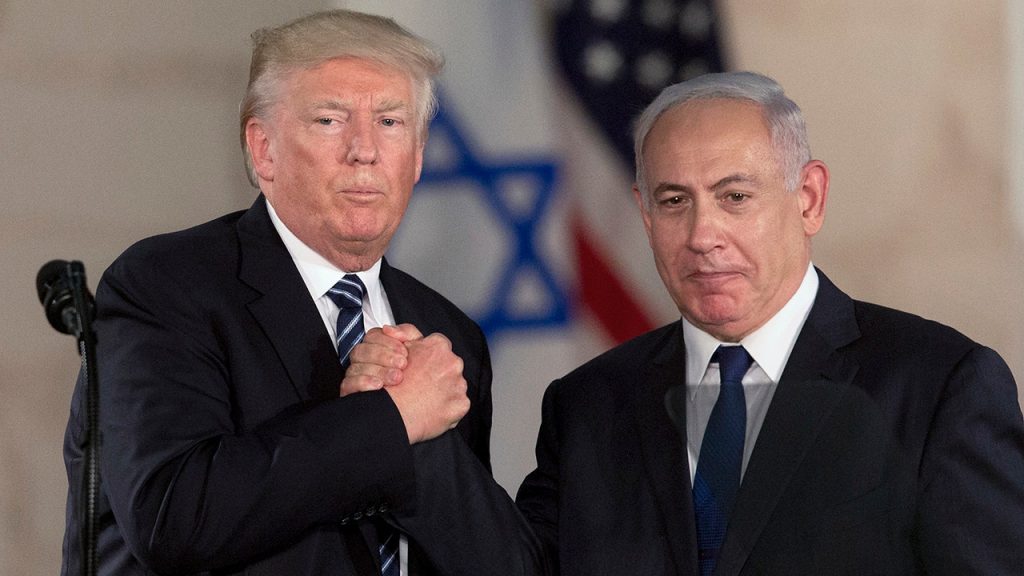Prime Minister Benjamin Netanyahu’s meeting with former President Donald Trump signifies a crucial juncture in US-Israel relations, aiming to solidify their alliance and secure assurances, particularly concerning Iran and the conflict with Hamas. Netanyahu’s visit, the first by a foreign leader during Trump’s second term, underscores the close cooperation and friendship between the two administrations. The agenda prioritizes addressing critical regional security challenges, including the ongoing Hamas conflict, the release of hostages, and the perceived threat posed by Iran.
The meeting carries significant weight given the perceived strain in the US-Israel relationship during the Biden administration. Netanyahu’s visit, occurring much earlier in Trump’s second term compared to his meeting with Biden, is seen as a testament to the renewed strength of the alliance under Trump. Netanyahu explicitly highlighted the importance of addressing the Hamas conflict, securing the release of hostages, and confronting the “Iranian terror axis,” which he views as a threat to regional and global peace. The fate of 79 hostages held by Hamas, including several dual US-Israeli citizens, is a pressing concern.
The discussions are expected to cover a wide range of complex issues. Trump is likely to encourage Netanyahu to proceed with the second phase of the truce agreement with Hamas, a delicate issue for Israel as it essentially leaves the militant group in power in Gaza. Although Trump has expressed skepticism about the ceasefire’s durability, his Mideast envoy has advocated for the full implementation of the three-phase agreement. Netanyahu claims Trump has pledged support for resuming hostilities if negotiations with Hamas fail.
Beyond the immediate crisis with Hamas, the meeting may revisit the Trump-era peace plan and explore possibilities for normalization between Israel and Saudi Arabia. A key sticking point, however, remains the Palestinian statehood issue, a sensitive topic for Netanyahu’s coalition partners. Trump’s previous suggestion of relocating Gazans to other Arab countries, coupled with his insistence on a different approach to Gaza’s reconstruction, could further complicate these discussions.
The Iranian nuclear program is another central concern. Trump’s previous withdrawal from the 2015 nuclear deal and his “maximum pressure” campaign stand in stark contrast to the Biden administration’s policies. Trump may be prepared to reinstate sanctions and issue a credible military threat to force Iran back to the negotiating table. The possibility of a military strike against Iran’s nuclear facilities, either by Israel or the US, cannot be ruled out, although a diplomatic solution would likely be preferred. Netanyahu’s position on Iran may be more hawkish than Trump’s, potentially creating friction between the two leaders.
The meeting’s broader agenda could also encompass several other critical issues. These include the potential for US-backed Israeli sovereignty over parts of the West Bank, strengthening defense ties, particularly regarding missile defense systems, and addressing regional dynamics involving Syria, Lebanon, and Yemen. Trump’s potential withdrawal from northeastern Syria, for example, may clash with Israel’s interests. Similarly, differences could arise regarding Hezbollah’s activities in Lebanon and the approach to the Houthi rebels in Yemen. While the strong personal relationship between Trump and Netanyahu is expected to dominate the optics of the visit, Netanyahu is unlikely to compromise on matters of national security. His priority remains safeguarding Israeli interests, particularly in the face of regional threats.














